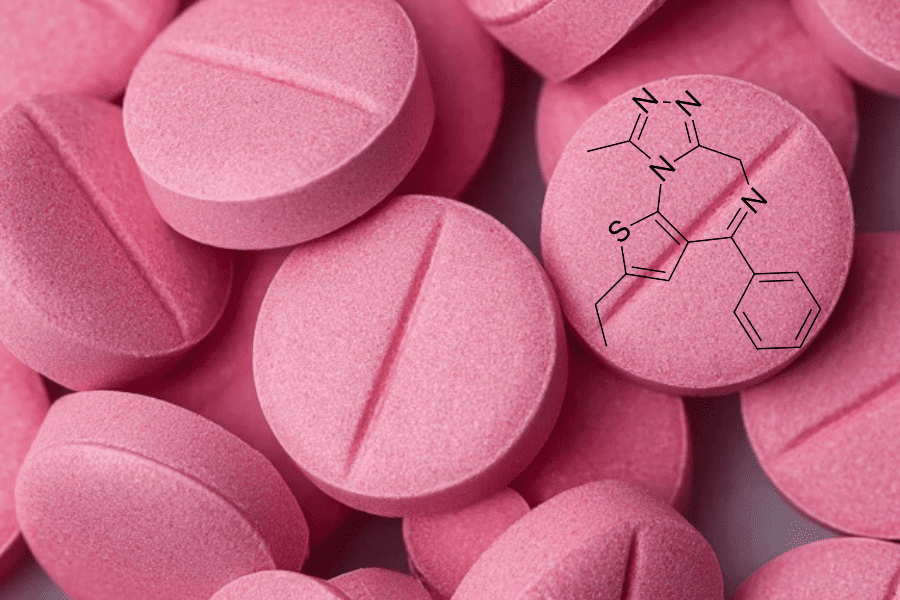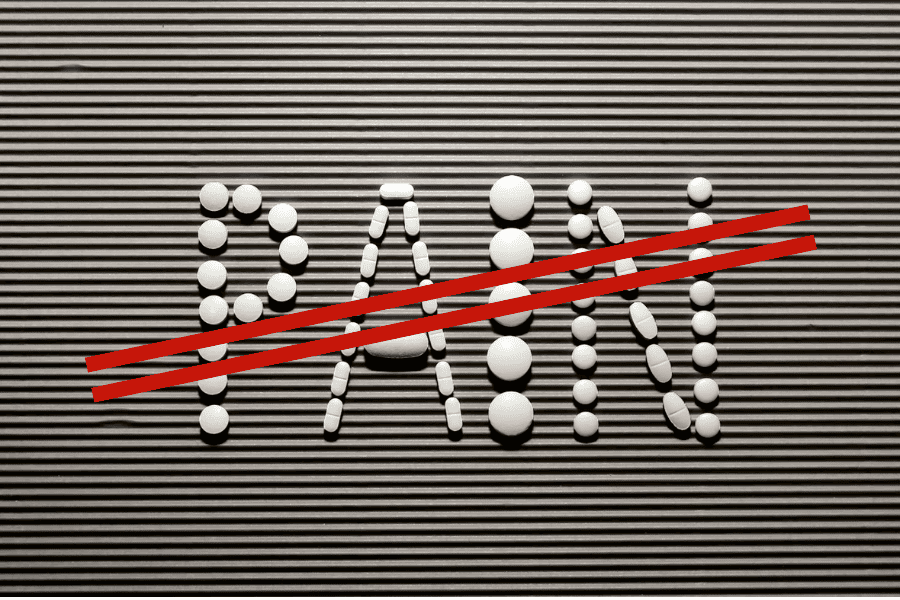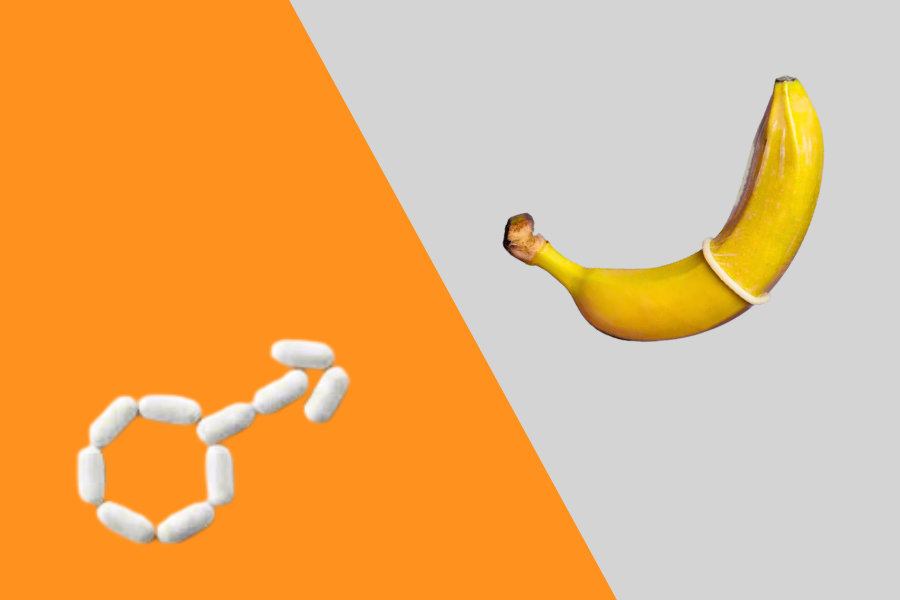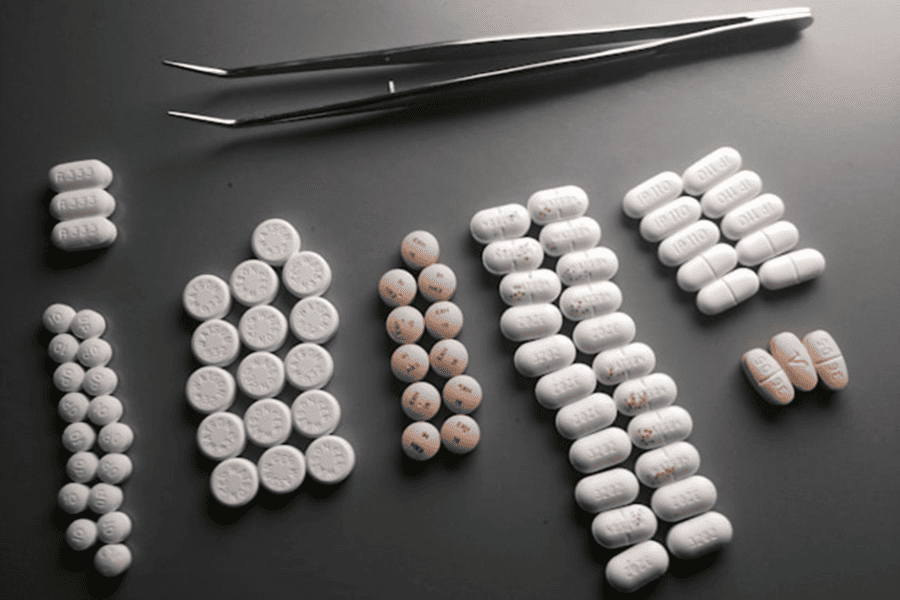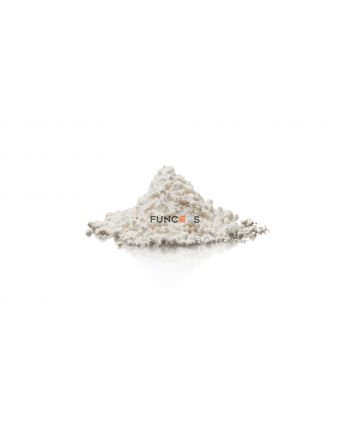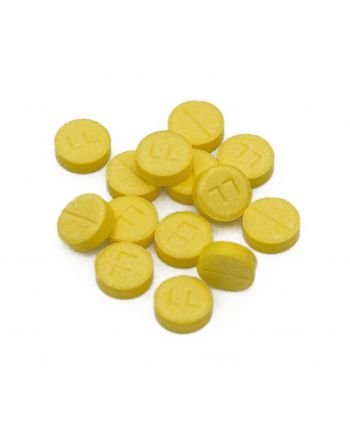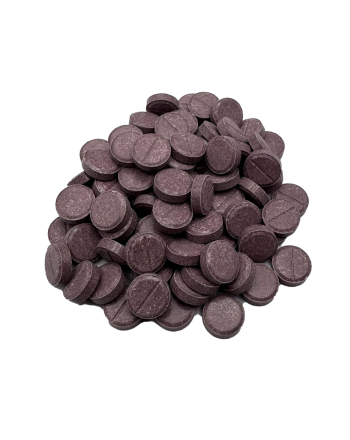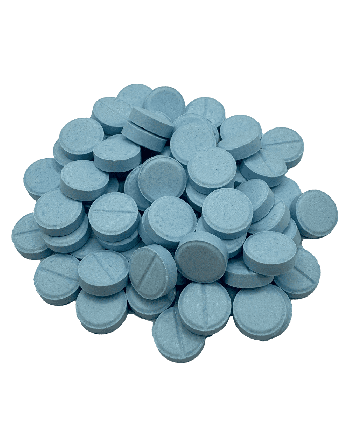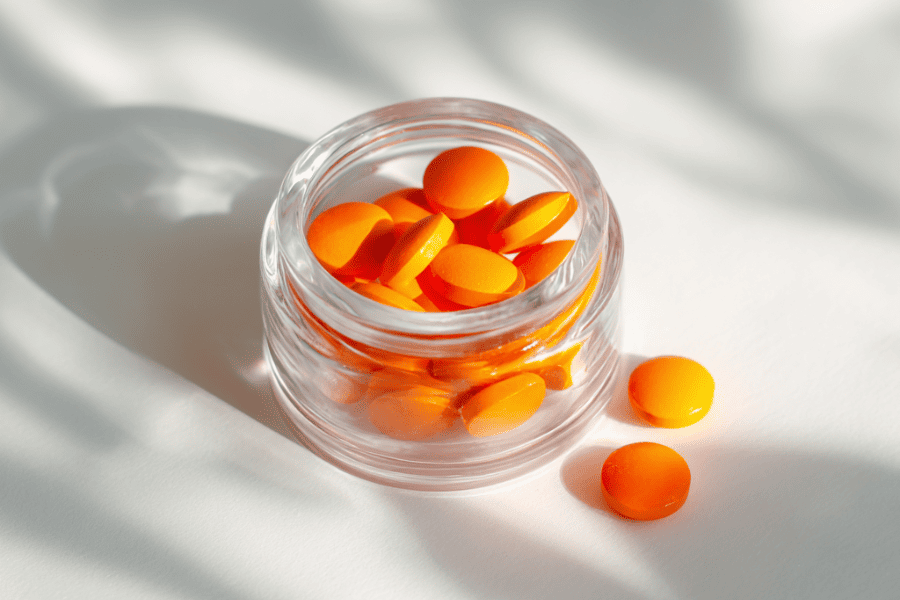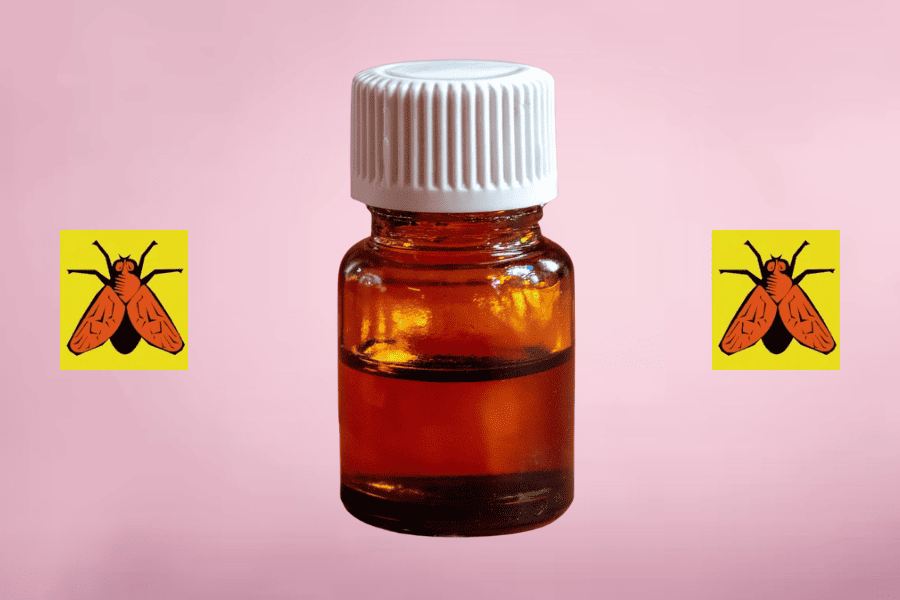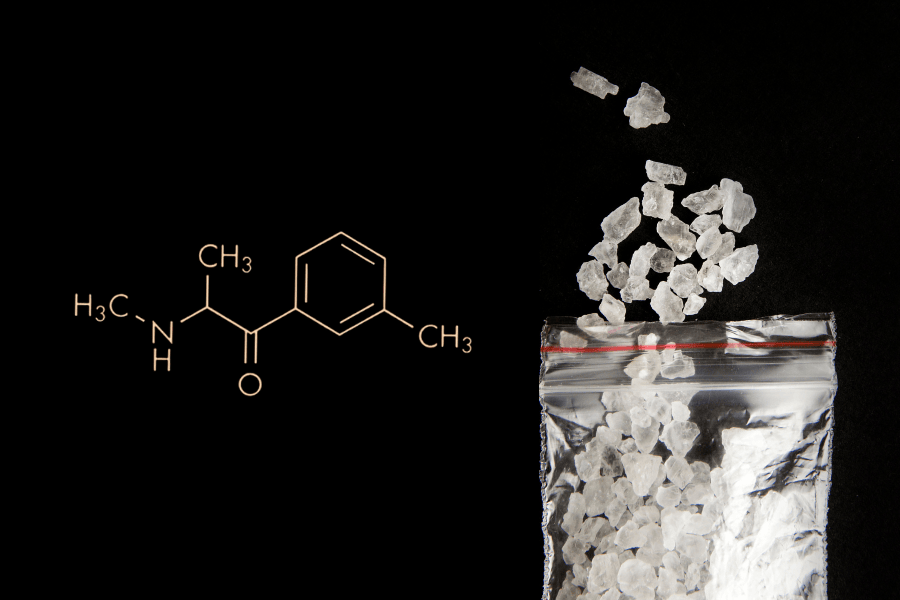How long does Ritalin work?
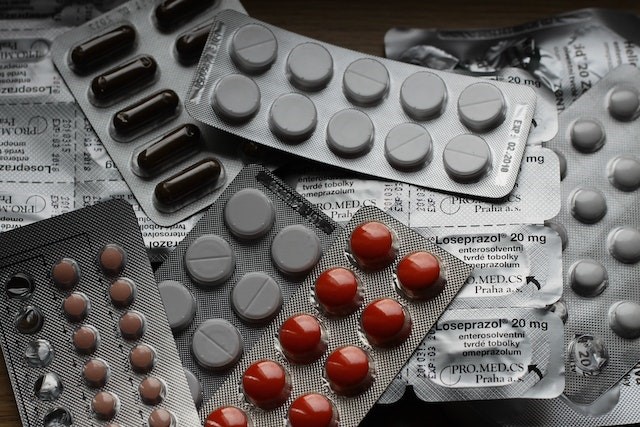
Ritalin is a medication often prescribed for ADHD and ADD. People struggling with narcolepsy also frequently receive this medication from their doctor. But what does Ritalin do? And how long does Ritalin work after taking a dose? The active ingredient in Ritalin is methylphenidate. This substance helps to calm you down and improve your focus if you have ADHD. This means people with ADHD are less easily distracted and their performance, for instance at school or work, is enhanced.
HOW LONG DOES RITALIN TAKE TO WORK?
Ritalin starts to work approximately 1 to 2 hours after taking the tablet. Once its effects kick in, the tablets last for 3 to 6 hours (extended-release tablets work for 8 to 12 hours, so you only need one per day). You should take these tablets 2 or 3 times a day.
WHAT DOES RITALIN DO?
In adults and others with ADHD, Ritalin increases the release of dopamine and norepinephrine in the brain. This makes it easier to maintain focus and concentration on daily tasks, such as work. Additionally, it can serve as a stimulus for clearer thinking if you suffer from ADHD and to have better endurance.
However, Ritalin is suspected to be harmful to unborn children. Therefore, during pregnancy, it's important to always consult your doctor before using this medication if you're pregnant.
Ritalin also has its share of side effects. As such, it should not be combined with alcohol or other drugs. Furthermore, it can lead to insomnia, restlessness, nervousness, or dizziness. If you experience these effects, you should not drive until they subside. If these side effects persist, it's wise to discuss them with your doctor.
HOW LONG HAS RESEARCH BEEN CONDUCTED ON RITALIN?
In 1944, Methylphenidate, now better known as Ritalin, was first created by the Italian chemist Leondro Panizzon. He developed the substance in Basel, Switzerland. Initially, Mr. Panizzon tested it on himself, a common practice at that time. Focus groups, placebo groups, and other options weren't as popular as they are today. While Methylphenidate is only available by prescription and has a consumptive function, there was also a legal way to conduct research into similar research chemicals until July 2025. Until then, you could still buy 4F-MPH online for your research, but this substance has become illegal as well.
RITALIN AMONG STUDENTS
There's also increasing Ritalin use among students, as revealed by Dutch research from the University of Amsterdam. There's always someone in class who has ADHD or has a family member taking Ritalin or Concerta for ADHD. This is a significant problem, as this highly harmful and addictive substance could be used by people without ADHD. Students often use it to get through busy weeks, exams, or test weeks.
Currently, it's become quite common. People see it happening all around them. The pressure to perform for students is simply too high, and it's said that studying for 10 hours straight during exams or a test week is unsustainable. A Ritalin experience helps with focus and makes studying more enjoyable. Yet, scientists are seriously concerned because it can have severe and damaging effects on people who take it without having ADHD.
